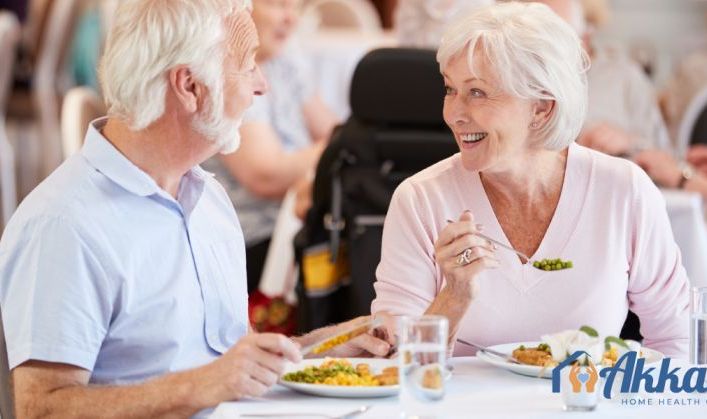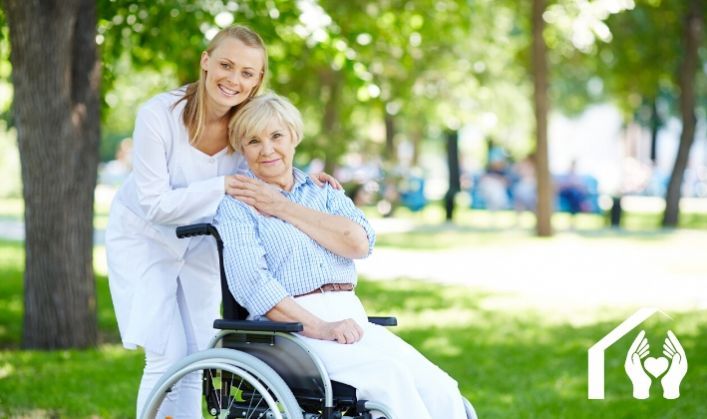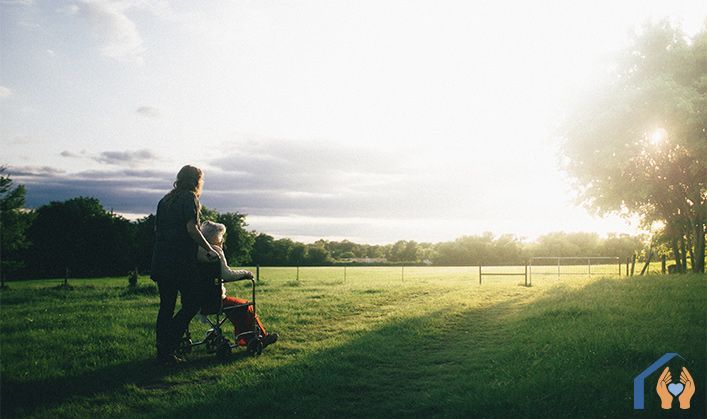-
June 19, 2019
Do you remember when your parents would make you sit at the table until you finished everything off your plate? Those days could be far from over, but the table might be turned. Now you might be the one who has to keep your parents seated until they finish their meal. If you are having trouble getting your elderly loved one to eat, here’s what the in home senior care Omaha NE professionals suggest to help getting some food in their belly.
Why would an elder lose their appetite?
Losing appetite is not uncommon for older adults. But, it can be a significant warning sign. According to professionals, loss of appetite is an early warning sign that your loved one is going through some trouble. Here are some of the common reasons why elders lose their appetite:
-
Poor fitting dentures
-
Depression
-
Poor nutrition
-
Loneliness
What can happen if an elder does not eat?
As mentioned above, having an older adult who is not receiving the proper nutrition could lead to severe problems. It can cause them to fall ill, lose energy or even worsen any disease that they could already have developed. You want to be able to provide them with the best possible care so the in home senior care Omaha NE professionals suggest you keep an eye on their eating habits.
What you should do if your elderly loved one doesn’t want to eat?
Give them small portions.
Giving your elderly loved one large or regular portions can overwhelm them. They might not know where to start or how to eat it. The best solution is to try giving them smaller portions. You can even make the switch from three large meals to five smaller ones throughout the day.
Schedule meals.
Do not expect that your elderly loved one will get hungry and eat. Try setting a schedule for when they should be eating. By doing so, you can help your loved one get in the habit of always eating. With the help of an in-home caregiver, you can set a time that would work best for your loved one to eat. From there, you can schedule who would eat when.
Don’t make them use utensils.
For some older adults, especially those who suffer disease, it can be hard to hold a spoon or fork. It can also be impossible to lead that fork or spoon into their mouth. If you have noticed that your loved one can no longer hold a spoon, avoid them. Make meals that would be easy enough to pick up with fingers to help them stay independent.
Incorporate more smoothies.
Adding more smoothies to your loved one meals can make it easier for your loved one to eat. If you are not able to make it a lunch or breakfast for your loved one, make a smoothie. You can leave them prepared for the morning or an afternoon snack.
If you are having trouble getting an elderly loved one to eat, why not get in home senior care Omaha NE care a try. At Akkase Home Health Center, we have caregivers who can help keep seniors on their necessary meal plans. Set up your consultation today.
-



Comments